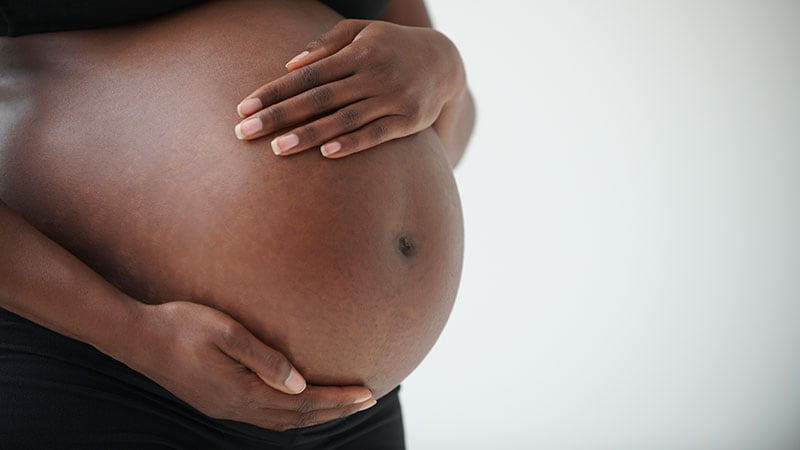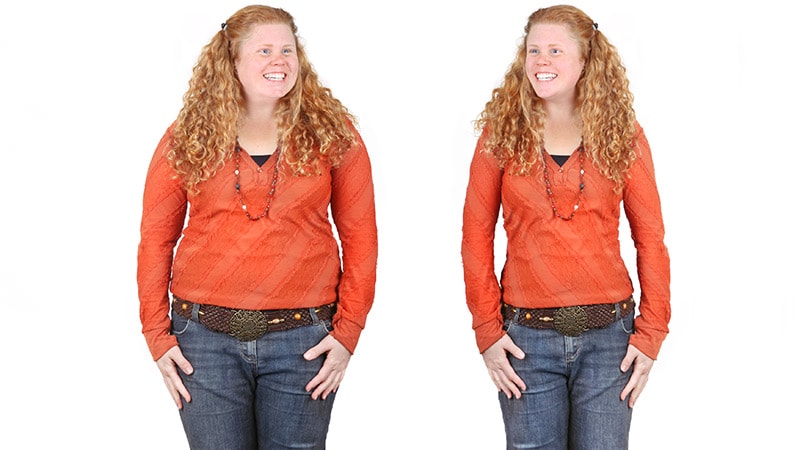Takeaway
- Roux-En-Y gastric bypass (RYGB) and sleeve gastrectomy (SG) showed sustained weight loss and comorbidity control at 5 years.
- RYGB was associated with a greater percentage excessive weight loss (%EWL), improved dyslipidaemia outcome and a lower incidence of postoperative gastro-oesophageal reflux disease (GORD).
Why this matters
- Findings warrant further research in the super obese and elder patients to determine whether the long-term outcomes of RYGB and SG are consistent in different patient groups.
Study design
- Meta-analysis included 5 randomised controlled trials (RCTs) that compared RYGB with SG and assessed weight loss and/or comorbidity resolution at 5 years after surgery.
- Funding: None disclosed.
Key results
- At 5 years, patients who underwent RYGB vs SG had experienced significantly greater %EWL (65.7% vs 57.3%; P<.0001).
- No significant difference was observed in resolution (37.4% and 27.5%) or improvement (77.5% vs 74.0%) rates of diabetes between RYGB and SG groups.
- Similarly, glycated haemoglobin levels did not differ between RYGB and SG groups (P=.0671).
- Dyslipidaemia resolution rates were significantly higher in the RYGB vs SG group (68.6% vs 55.2%; P=.0443).
- Overall, 60.4% of patients in the RYGB group achieved GORD remission vs 25.0% in SG group (P=.002).
Limitations
- Heterogeneity among included studies.
- Small number of studies.
References
References


